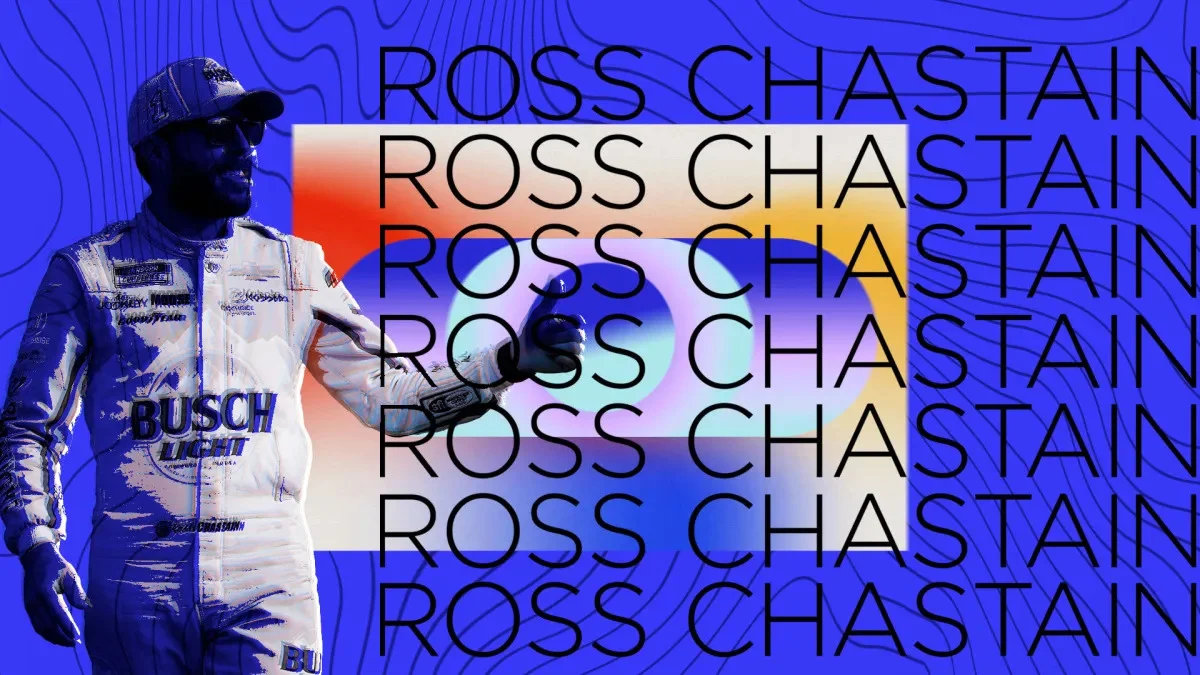Ross Chastain has brought new attention to the realities facing drivers aiming to make it in the NASCAR Cup Series, stating on the Barn Talk show that paying for a place is often required. The “Ross Chastain NASCAR funding reality” became central as ARCA Menards driver Amber Balcaen expanded on his remarks, highlighting how financial considerations shape a driver’s career path.
Chastain and Balcaen Shed Light on Sponsorship Struggles
Ross Chastain openly discussed how every competitor pays something, be it personal funds, family resources, or help from someone they know. He noted that even when sponsorship deals are involved, they typically hinge on personal connections between the driver and the backer.
“Every driver in the sport pays to get in. Just a matter of how long and how much per race you pay. But it’s the unspoken kind of don’t want to talk about it, but every driver pays to get in. Whether it’s their money, their family, or somebody they know. It could be a legitimate sponsor, but that sponsor is only going to sponsor them because of their personal relationship,”
Ross Chastain said.
Amber Balcaen, the first Canadian woman to secure a victory in a US NASCAR-sanctioned event, echoed Chastain’s perspective and described her own struggles finding financial support to compete consistently. Building on Chastain’s statements, she stressed on social media that the requirement to bring money or land sponsors is universal in the sport.
“Most people don’t realize what it actually takes to be in this sport. This is true for every driver. You either have money or you find money. When I’m not racing, it’s because the financial backing isn’t there. Period. This is why sponsors are so important. And why you see drivers compete full time some years and only part time in other years,”
Amber Balcaen wrote.
How Sponsorship Shapes Racing Opportunities
The sponsorship model in NASCAR has created an environment where financial resources are closely tied to a driver’s chances to race. Reports indicate that securing primary sponsorship at the top level can cost between five and thirty-five million dollars each year. These deals are fundamental for teams as the funds support everything from travel and testing to race entry costs. As a result, the ability to secure strong sponsors often determines whether drivers can participate full-time or are limited to partial schedules.
Balcaen Focuses on NASCAR Canada Series Amid Challenges
Amber Balcaen’s path has been directly impacted by financial realities, making only two ARCA Menards Series starts this season after competing full-time last year with Venturini Motorsports. She signed with Nitro Motorsports to drive the No. 70 toyota/”>Toyota, finishing 29th at Daytona and 16th at Talladega Superspeedway. Motivated by the financial hurdles in U.S.-based competition, Balcaen announced her intention to race in her home country by moving to the NASCAR Canada Series. In June, she called on Canadian companies for sponsorships to help make her season possible.
Racing runs in Balcaen’s family, as both her father and grandfather raced on dirt tracks and she started karting at age ten. She has previously raced thanks to partnership deals with companies like ICON Direct, which sponsored her for 40 races in the BMR Drivers Academy, aiming to help young talent develop within NASCAR’s system. This partnership extended to new technology as ICON also launched the Ask Amber AI tool at Daytona with support from Gambit Technologies, providing fans an interactive way to connect with Balcaen’s insights on racing.
The Broader Impact of Financial Barriers in NASCAR
The open admissions from drivers like Ross Chastain and Amber Balcaen highlight not just individual struggles, but a system where talent alone may not be enough to climb the NASCAR ranks. With millions of dollars required in sponsorship annually, many deserving drivers are left to balance time on the track with time spent searching for financial support. These pressures can lead to some drivers taking partial seasons or stepping away until more funding is secured.
The ongoing discussion places renewed scrutiny on how NASCAR’s reliance on sponsorship funding shapes opportunities and limits for drivers, especially those from outside the United States or without established motorsports connections. As Balcaen seeks to boost female representation and encourages Canadian involvement, the core message remains clear: funding is the gateway, and addressing these challenges could change the landscape for the next generation of racers.
